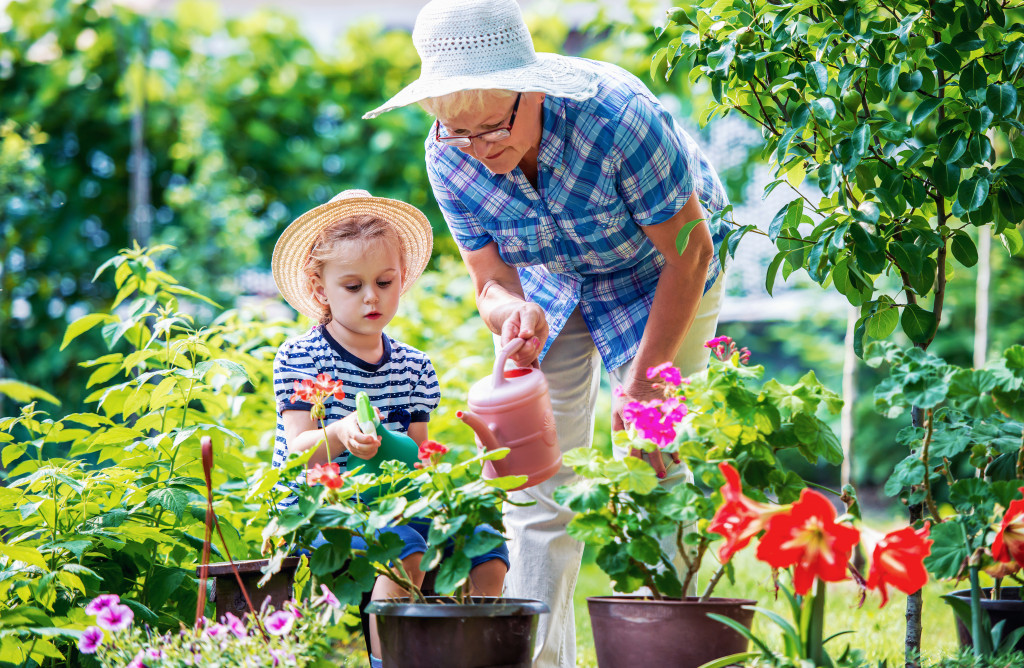We live in a world where it’s estimated that over two-thirds of the population will live in urban areas by 2050. As the world becomes more populated and industrialized, introducing eco-friendly living to children is more important than ever.
The challenges, however, are many. Children are growing up in a world where they’re bombarded with messages about consumption. They see adults using disposable coffee cups, driving cars, and flying in airplanes. Consumer culture tells children it’s normal to use things and throw them away. Yet the importance of sustainability is still not widely taught in schools.
Why kids must learn about eco-friendly living
Eco-friendly living is about consuming less, waste reduction, and using renewable resources. This is a practice that should be introduced to the younger generation. Here are three reasons why.
Children need to Understand Where Their Food Comes From
In a world where children are increasingly disconnected from the natural world, they need to understand where their food comes from. Introducing them to eco-friendly living can help them appreciate the sustainable practices that go into producing the food they eat. It can also help them develop a healthy relationship with food and their bodies.
It Teaches Children How to Respect and Care for the Environment
As children learn about eco-friendly living, they also learn how to respect and care for the environment. They learn about the importance of conserving resources and preserving our planet for future generations. In addition, they’ll be more likely to participate in eco-friendly practices as adults if they’re introduced to them at a young age.
It Helps Children Connect with the Natural World
Children need to connect with the natural world in an increasingly digital world. By introducing them to eco-friendly living, you’re helping them explore the outdoors and appreciate all nature offers. This can also lead to a lifelong love of nature and conservation efforts.
How to introduce eco-friendly living to children
Parents and communities must join forces to introduce eco-friendly living to children. Here are some suggestions on how to get started.
Start early
Starting as early as possible is vital. Research has shown that young children can understand the concept of sustainability. You can introduce eco-friendly living to infants and toddlers by using sustainable products, recycling, composting, and energy-saving practices in your home. This is also why it’s important to enroll them in a childcare center as soon as they turn two or three. These facilities help kids learn more about the world around them in a safe and nurturing environment. Plus, they know how to socialize and interact with other kids their age.
Make it fun

Children learn best when they’re having fun. There are many ways to make eco-friendly living fun for children. You can plant a garden together, go on nature hikes, build birdhouses, or start a compost bin. Many educational games and activities are also available online and in sustainable living magazines.
Be a good role model
Children learn by example, so it’s essential to be a good role model. If you want your children to live sustainably, you must lead by example. This means making sustainable choices in your own life, such as recycling, using public transportation, and composting. You can also share your knowledge about eco-friendly living with your children and involve them in your sustainable practices.
Encourage sustainable habits
As children learn about eco-friendly living, they can start to develop sustainable habits of their own. You can encourage this by creating opportunities for them to save energy, reduce waste, and reuse or recycle materials. You can also reward them for making sustainable choices, such as using public transportation or choosing to reuse a water bottle.
Watch kid-friendly films about the environment
Kids are naturally curious and love to learn about the world around them. Many kid-friendly films about the environment can help introduce eco-friendly living to children. Some great examples include “An Inconvenient Truth,” “The Lorax,” and “Wall-E.” These films will show them the importance of caring for our planet and what we can do to make a difference.
Let them spend time in nature
Lastly, it’s important to let children spend time in nature. This allows them to appreciate and develop a connection with the natural world. It also allows them to explore and learn about eco-friendly living practices, such as gardening, camping, and fishing.
The bottom line
It’s vital to introduce eco-friendly living to children for many reasons. It helps them understand where their food comes from, teaches them how to respect and care for the environment, and helps them connect with the natural world. All of these things are essential in developing a sustainable future for our planet.

